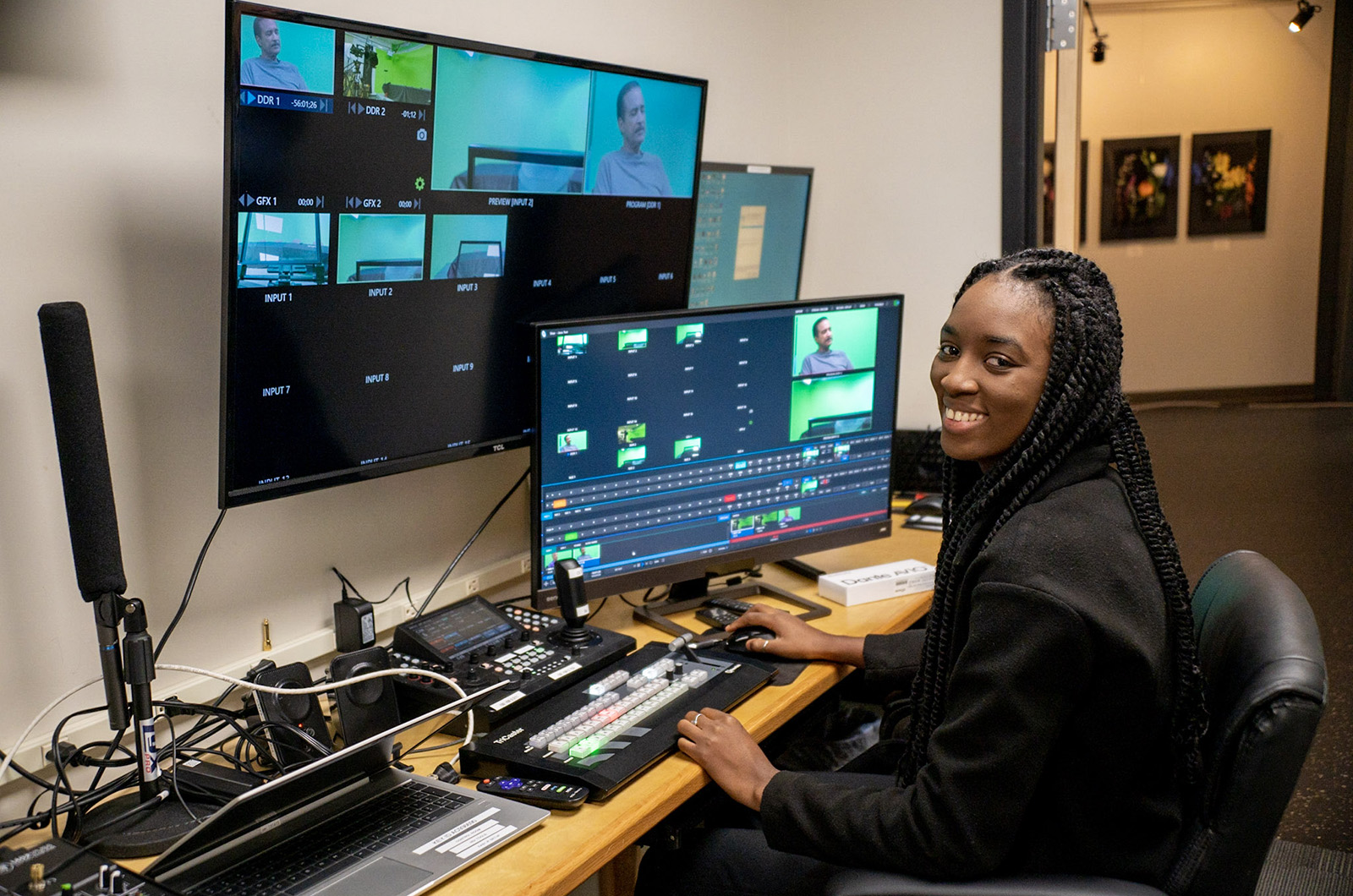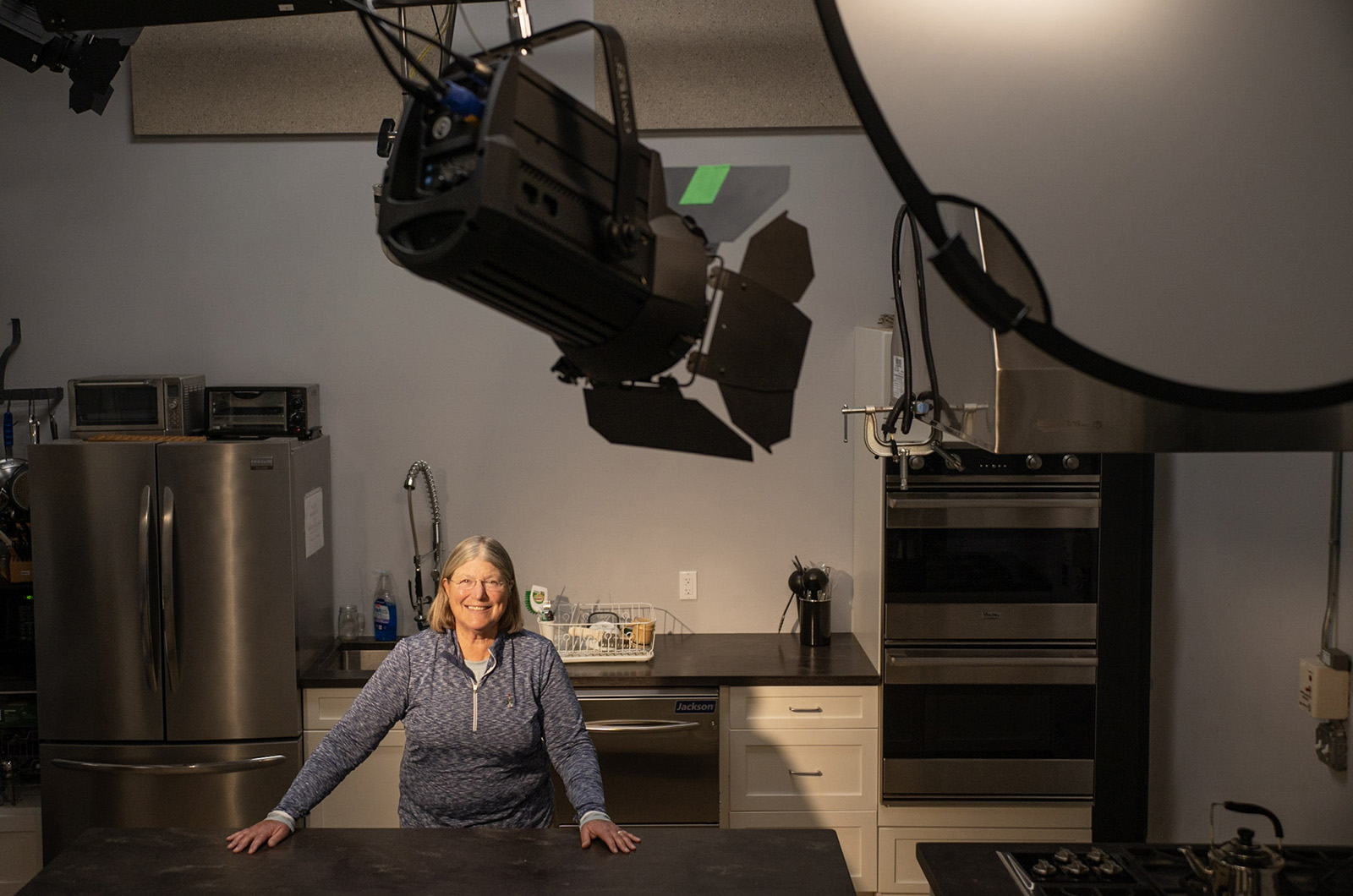Negotiations are set to begin next month between Martha’s Vineyard towns and Comcast — the Island’s only cable service provider — as the two sides hash out a new license agreement that will shape the Island’s public television and cable infrastructure for the next decade.
Under federal and state law, cable providers like Comcast are required to obtain a license every 10 years from a local franchising authority – in this case, the six Island towns. The licensing process is regulated by the Federal Communications Commission, which allows franchising authorities to charge a fee of up to five percent of the cable company’s annual revenue for the right to operate. Federal law permits franchise fees to be passed on to consumers.
Last updated in 2013, the Island’s current agreement with Comcast will expire on March 31. On the Vineyard, the Cable Advisory Committee — made up of representatives from all six Island towns — is responsible for evaluating Comcast’s performance and accessibility, prioritizing service expansion and recommending uses of the negotiated licensing fee.
William Solomon, a Stoneham attorney who is advising the Island in the negotiations, said in an interview that this year’s talks are particularly consequential because the Covid-19 pandemic drove more communication online.
“The public has higher expectations of TV and internet due to Covid,” Mr. Solomon said in a telephone interview. “Everything has moved remote, and what drives cost up is the reliance on TV and internet and the need to have reliable access in your home.”
Comcast has long served as the Island’s only cable service provider, with thousands of residents reliant on the telecommunications giant for television and internet access. But with the Island’s rural infrastructure, there have often been gaps in service, particularly in less densely developed pockets of the Vineyard.
The 2013 agreement provided support for MVTV, the Island’s public broadcast station and its three public, education and government (PEG) access channels, including $620,000 in capital funding. The agreement also required Comcast to build out internet service on Chappaquiddick, among other things. An initial contract from 2000 provided about $400,000 in capital funding to MVTV, and made other customer service requirements, like prompt response times and 48-hour repairs.
Currently, Comcast devotes five per cent of its local revenue to fund MVTV’s regular operations, but the cable license being negotiated this winter will determine additional capital funding and upgrades such as the transition to high-definition. Ten years ago, the public network utilized its capital funding to help pay off its mortgage on an entirely new headquarters on Edgartown-Vineyard Haven road.
On top of its three cable channels, which broadcast select board and other government meetings, high school sports games and other community programs, MVTV makes all of its programming available online. This year, MVTV will initially request $1.4 million to cover regular computer and camera upgrades over the course of the next decade, in addition to a proposal to convert the existing PEG access channels to high definition.
“All of our equipment is already high-definition,” MVTV executive director Stephen Warriner told the Gazette in an interview this month.“You can no longer buy standard definition cameras. We’re actually converting our high-definition footage to standard definition when we broadcast, which doesn’t make a whole lot of sense. We’re trying to prepare for the future.”
To prepare for negotiations, the cable advisory committee held a public hearing on Oct. 26, where Island residents were invited to share their experiences with Comcast’s cable service and programming. Comcast representative Mike Gallo was in attendance, as were officials from each of the six Island towns.
The bulk of the hearing focused on support for funding MVTV, but other priorities discussed included expanding cable service to rural areas and improving video broadcasting to public spaces around the Island. Several residents of the Red Coat Hill neighborhood, which borders the towns of Tisbury and West Tisbury, attended the hearing to request help funding a line extension in the area.
“We need reasonable infrastructure so we can have MVTV, so we can be a part of the community,” Red Coat Hill resident Greg Martino said. “In my opinion this is one of the bare necessities of food, shelter, and water.”
Mr. Martino said that the neighborhood’s proximity to ancient ways has made it difficult to install a line extension in the area, and Comcast’s current options were prohibitively expensive. Michelle Kelly identified herself as a neighbor of Greg Martino and echoed his concerns, saying she often had to visit her mother’s house in Vineyard Haven to watch cable TV.
“We’ve tried every which way…even having a blurry MVTV would be fine with us,” she said.
Chris Downing is a former Comcast supervisor currently living off Watcha Path in Edgartown, where he said he’s also been unable to receive reliable cable service.
“Could we get the neighborhood built?” he asked, suggesting Comcast install a fiber optic cable in the area.
To reflect these concerns, the Island negotiators have considered language waiving density restrictions for cable installation, with specific requests to extend service to the Red Coat Hill area in West Tisbury, the Southern Tier affordable housing project in Oak Bluffs, and Watcha Path in Edgartown. Because informal negotiations are only just beginning, the specifics of any given proposal are subject to change, Mr. Solomon emphasized.
At the hearing last month, members of the public described the importance to the community of the public access programming that MVTV provides.
Sarah Young of the Martha’s Vineyard Center for Living noted that without MVTV’s programming, many seniors on the Island would not enjoy the same level of participation in the community, a sentiment several town officials echoed.
“Government thrives on sunshine,” Tisbury finance director Jon Snyder said. “Government thrives on being transparent and visible.”
The draft document Island towns are working with also includes a list of public spaces in need of video return installation or repair, from town libraries to public safety offices to the regional high school. These repairs would improve those spaces’ ability to broadcast PEG programming and emergency response messages. Committee members also floated a steeper discount for seniors or potentially expanding the senior discount to individuals over 55.
Regardless of the specific bargaining chips, Mr. Solomon is optimistic the Island and Comcast will find common ground, but estimates that talks will continue well into the new year.
“Comcast appreciates local programming,” he said. “They have local roots. They understand the importance of PEG access and what it means to build your own community on an Island.”









Comments (10)
Comments
Comment policy »